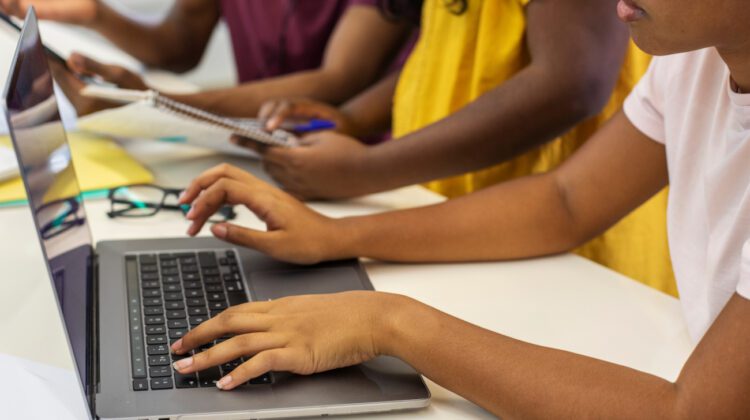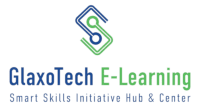


The Critical Role of Digital Literacy for Marginalised & Vulnerable Communities
In today’s rapidly evolving digital landscape, access to technology and digital literacy skills has become more than just a convenience it’s a necessity. While many of us take for granted the ability to navigate the internet, use social media, and leverage online resources for education and employment, there are millions of individuals and communities worldwide who are left behind due to limited access to technology and lack of digital literacy.
Marginalised and Vulnerable communities, including women, low-income households, rural populations, seniors, people with disabilities, and refugees, face significant barriers in accessing online information and utilizing digital technologies. These barriers not only exacerbate existing inequalities but also hinder their ability to fully participate in the digital economy and society at large.
Digital literacy the ability to use, understand, and navigate digital technologies is key to addressing these disparities and empowering vulnerable communities.
At Glaxotech Skills Hub, we have taken up the challenge of offering digital skills across different vulnerable groups including incorporating and spreading Climate Resilience and Green Economy Strategy (CRGE) strategy in all initiatives and communities we are involved with. Here are the major benefits:
- Access to Information and Resources: Digital literacy opens doors to a wealth of information and resources available online, including educational materials, job opportunities, healthcare information, and government services. By equipping individuals with digital skills, we enable them to access essential information and services that can improve their quality of life and socioeconomic opportunities.
- Economic Empowerment and Self-Sufficiency: Digital literacy empowers individuals to take control of their lives and become more self-sufficient. From online businesses and gig economy jobs like virtual assistance to job searching and telecommuting, digital skills enable individuals to perform everyday tasks more efficiently and independently, reducing reliance on intermediaries and increasing autonomy.
- Education and Lifelong Learning: In today’s knowledge-based economy, digital literacy is essential for accessing educational resources and participating in lifelong learning. Online courses, tutorials, and educational platforms provide opportunities for individuals to acquire new skills, pursue personal interests, and stay competitive in the job market. By fostering digital literacy, we open doors to lifelong learning and personal growth for vulnerable communities.
- Social Inclusion and Connection: Digital technologies have transformed the way we communicate and connect with others. For vulnerable communities, digital literacy facilitates social inclusion by providing access to social networks, support communities, and online forums where individuals can share experiences, seek advice, and build relationships. By bridging geographical and social barriers, digital literacy promotes social cohesion and belongingness.
- Employment and Economic Opportunities: In an increasingly digitalized economy, digital literacy is a prerequisite for accessing employment opportunities and participating in the labor market. From remote work and freelancing to entrepreneurship and e-commerce, digital skills are in high demand across various industries. By equipping vulnerable communities with digital literacy skills, we empower them to pursue meaningful employment and economic opportunities, ultimately reducing poverty and inequality.
In conclusion, We all understand the phrase KNOWLEDGE IS POWER. Digital literacy is not just about using computers or smartphones it’s about empowerment, inclusion, and opportunity. By prioritizing digital literacy initiatives for marginalised and vulnerable communities, we can bridge the digital divide, empower individuals, and create a more equitable and inclusive society for all through knowledge. Investing in digital literacy is not only a moral imperative but also a strategic investment in the future of our communities and economies.
